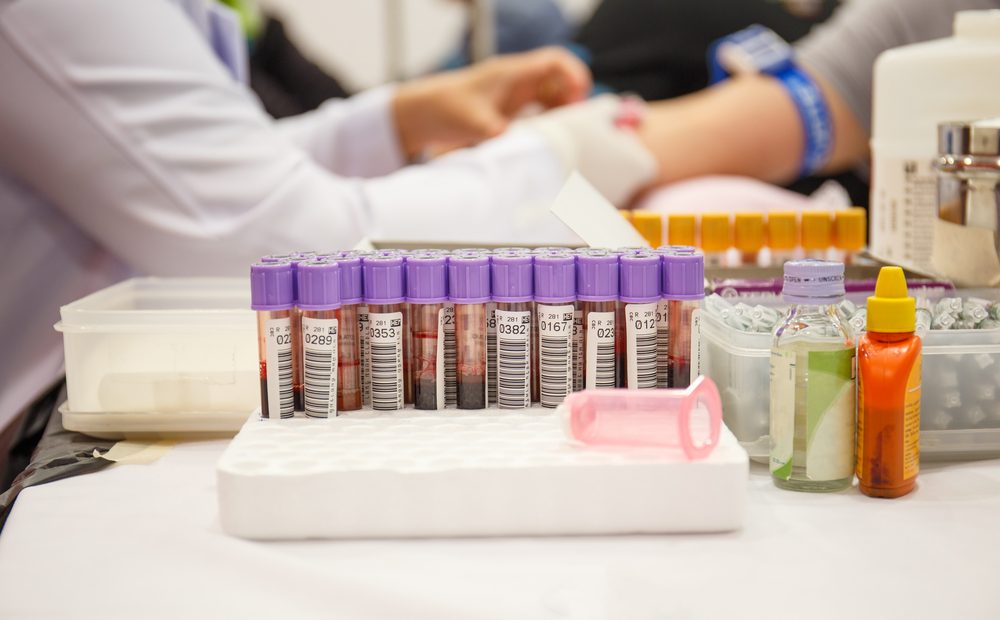According to NBC News, a man who had recovered from the COVID-19 infection was in the perfect position to donate antibodies for a new experimental immunotherapy treatment. However, since the man was gay, he was turned away from donating, despite a doctor saying he had a “robust” number of antibodies in his system. This all goes back to the AIDS epidemic when many feared that by receiving blood from a gay man, they’d be at risk of contracting HIV.
However, in 2015, that rule was slightly modified by saying gay men could donate blood as long as they had been celibate for one year. That, naturally, isn’t the case for most humans, so in essence, the law remained intact.
But due to the recent coronavirus outbreak, the rules have been changed once more. Because of the national lockdown, and people’s fear of contracting the virus by going out in public, voluntary blood donation has plummeted. Furthermore, there’s a growing need for antibodies to be harvested from people who have recovered from the coronavirus for use in immunotherapy. Because of that, today it was announced that the FDA is easing its restrictions on gay men to donate blood. The celibacy limit is being dropped from 12 months to 3 months, and according to USA Today, those new rules have gone into immediate effect and will be held in place at least until the pandemic is over.
If you’d like to donate blood to help COVID-19 patients, you can find more info at the American Red Cross


